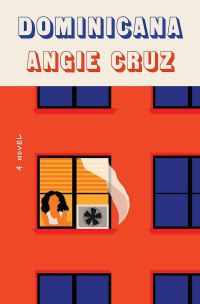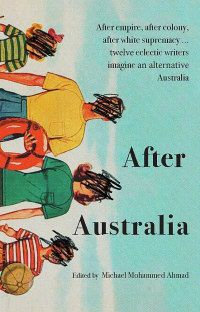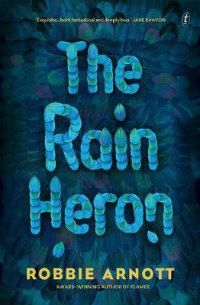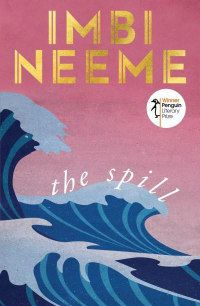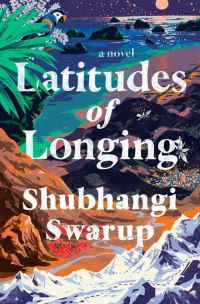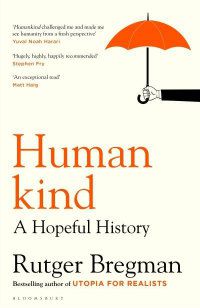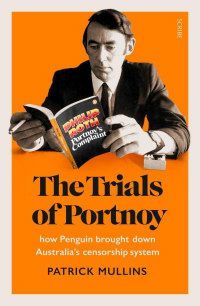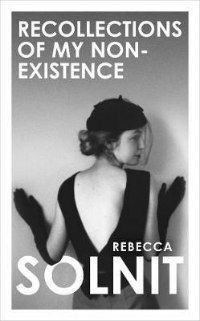For book clubs who love vital portraits of the immigrant experience…
Dominicana by Angie Cruz
On New Year’s Day, 1965, Ana leaves behind everything she knows in the Dominican Republic to marry a man twice her age, and hopefully provide an opportunity for her entire close-knit family. She becomes Ana Ruiz, a wife confined to a cold six-floor walk-up in Washington Heights. Lonely and miserable, Ana hatches a reckless plan to escape, but is stopped by Cesar, her husband Juan’s free-spirited younger brother, who convinces her to stay. As the Dominican Republic slides into political turmoil, Juan returns to protect his family’s assets, and suddenly, Ana is free to imagine a different kind of life. When Juan returns, Ana must decide once again between her heart and her duty to her family. Shortlisted for the Women’s Prize for Fiction this year, Dominicana is a timeless coming-of-age story of a young woman finding her voice in the world.
For book clubs who crave daring near-future writing…
After Australia by Michael Mohammed Ahmad
Climate catastrophe, police brutality, white genocide, totalitarian rule and the erasure of black history provide the backdrop for stories of love, courage and hope. In this unflinching new anthology, eleven of Australia’s most daring Indigenous writers and writers of colour provide a glimpse of Australia as we head toward the year 2050. Featuring Ambelin Kwaymullina, Claire G. Coleman, Omar Sakr, Future D. Fidel, Karen Wyld, Khalid Warsame, Kaya Lattimore, Sarah Ross, Zoya Patel, Michelle Law and Hannah Donnelly, and edited by Michael Mohammed Ahmad.
For book clubs who want to be surprised on every page…
The Rain Heron by Robbie Arnott
Ren lives alone on the remote frontier of a country devastated by a coup. High on the forested slopes, she survives by hunting and trading - and forgetting. But when a young soldier comes to the mountains in search of a local myth, Ren is inexorably drawn into her impossible mission. As their lives entwine, unravel and erupt - as myths merge with reality - both Ren and the soldier are forced to confront what they regret, what they love, and what they fear. Robbie Arnott has followed up his dazzling debut Flames with a stunning second novel that remakes our relationship with the natural world. The Rain Heron is equal parts horror and wonder, and utterly gripping.
For book clubs who appreciate stories about the deep bonds between sisters…
The Spill by Imbi Neeme
Nicole and Samantha Cooper both remember the summer day in 1982 when their mother, Tina, lost control of their car - but not in quite the same way. It is only after Tina’s death, almost four decades later, that the sisters are forced to reckon with the repercussions of the crash. Nicole, after years of sabotaging her own happiness, seems finally content but still can’t get through to her sister. And Samantha is hiding something that might just tear apart the life she’s worked so hard to build for herself. The Spill is a deeply moving portrait of two sisters falling apart and finding a way to fit back together.
For book clubs who have to read the book everyone’s talking about…
Rodham by Curtis Sittenfeld
What if Hillary Rodham had turned down Bill Clinton’s proposal of marriage? In American Wife, Curtis Sittenfeld painted a picture of an ordinary American girl who found herself married to a President - basing it on the life of Laura Bush. In this new novel, she takes another ordinary American girl, Hillary Rodham (‘You are awfully opinionated for a girl, Hillary’), and explores how her life might have turned out if she had stayed an independent woman.
For book clubs in search of a literary epic from a fresh, young author…
Latitudes of Longing by Shubhangi Swarup
This spellbinding work of literature follows the interconnected lives of characters searching for true intimacy. The novel sweeps across India, from an island, to a valley, a city, and a snow desert, to tell a love story of epic proportions. We follow a scientist who studies trees and a clairvoyant who speaks to them; a geologist working to end futile wars over a glacier; octogenarian lovers; a mother struggling to free her revolutionary son; a yeti who seeks human companionship; a turtle who transforms first into a boat and then a woman; and the ghost of an evaporated ocean as restless as the continents. Binding them all together is a unique vision of life as vast as the universe itself.
For book clubs who need a dose of hope…
Humankind: A Hopeful History by Rutger Bregman
It’s a belief that unites the left and right, psychologists and philosophers, writers and historians. From Machiavelli to Hobbes, Freud to Pinker, the roots of this belief have sunk deep into Western thought. Human beings, we’re taught, are by nature selfish and governed primarily by self-interest. Providing a new historical perspective on the last 200,000 years of human history, Humankind makes a new argument- that it is realistic, as well as revolutionary, to assume that people are good. Utopia for Realists author Bregman shows how believing in human kindness and altruism can be a new way to think - and act as the foundation for achieving true change in our society.
For book clubs who are fascinated by Australian history…
The Trials of Portnoy by Patrick Mullins
For more than seventy years, a succession of politicians, judges, and government officials in Australia worked in the shadows to enforce one of the most conservative regimes of censorship in the world. Books that might damage the morals of the Australian public were banned, seized, and burned; bookstores were raided; publishers were fined; and writers were charged and even jailed. But in the 1970s, that all changed when Penguin Books Australia resolved to publish Portnoy’s Complaint - Philip Roth’s profane bestseller about a boy hung up about his mother and his penis. Penguin spurred a direct confrontation with the censorship authorities, which culminated in criminal charges, police raids, and an unprecedented series of court trials across the country.
For book clubs who believe in activism…
Recollections of My Non-Existence by Rebecca Solnit
In 1981, Rebecca Solnit rented a studio apartment in San Francisco that would be her home for the next twenty-five years. The growing culture of activism there liberated her, as did the magical world of literature and books. And over time, the clamour of voices against violence to women coalesced in the current feminist upheaval, a movement in which Solnit was a widely audible participant. Set in the era of punk, of growing gay pride, of counter culture and West Coast activism, during the latter years of second wave feminism, Recollections of My Non-Existence is the foundational story of an emerging artist struggling against patriarchal violence and scorn.


